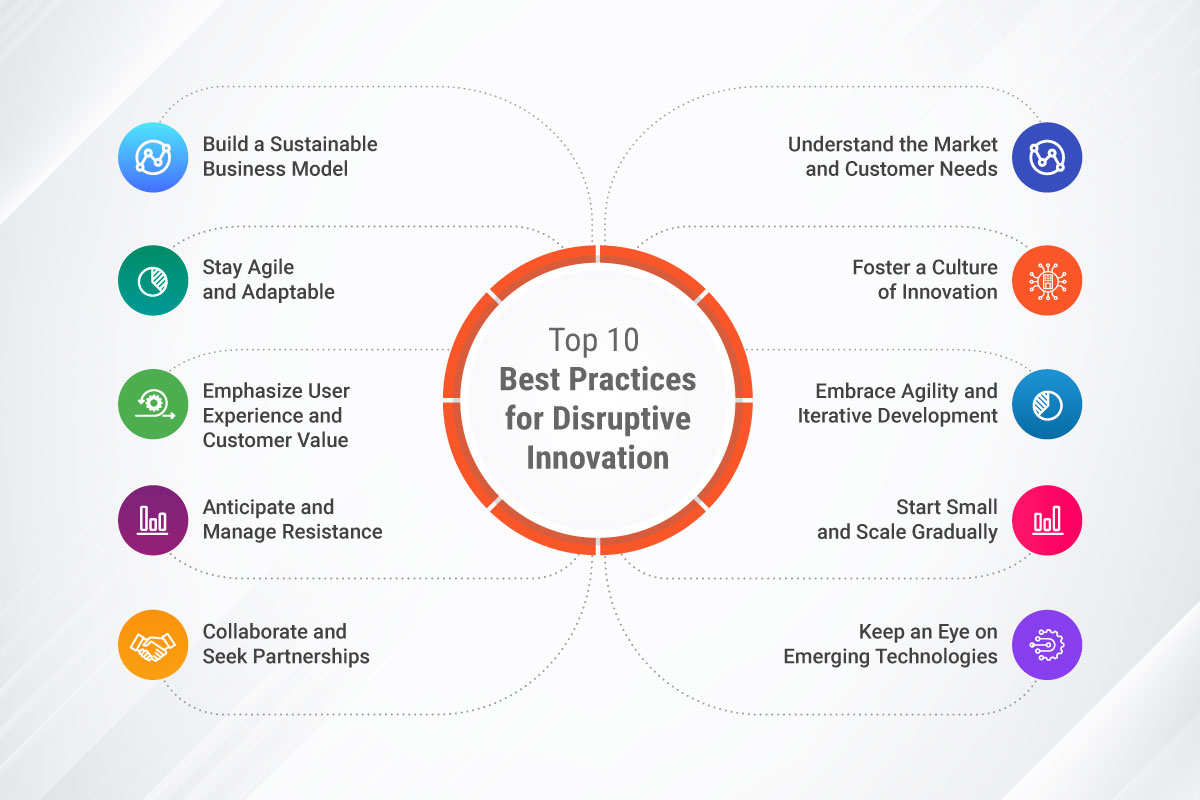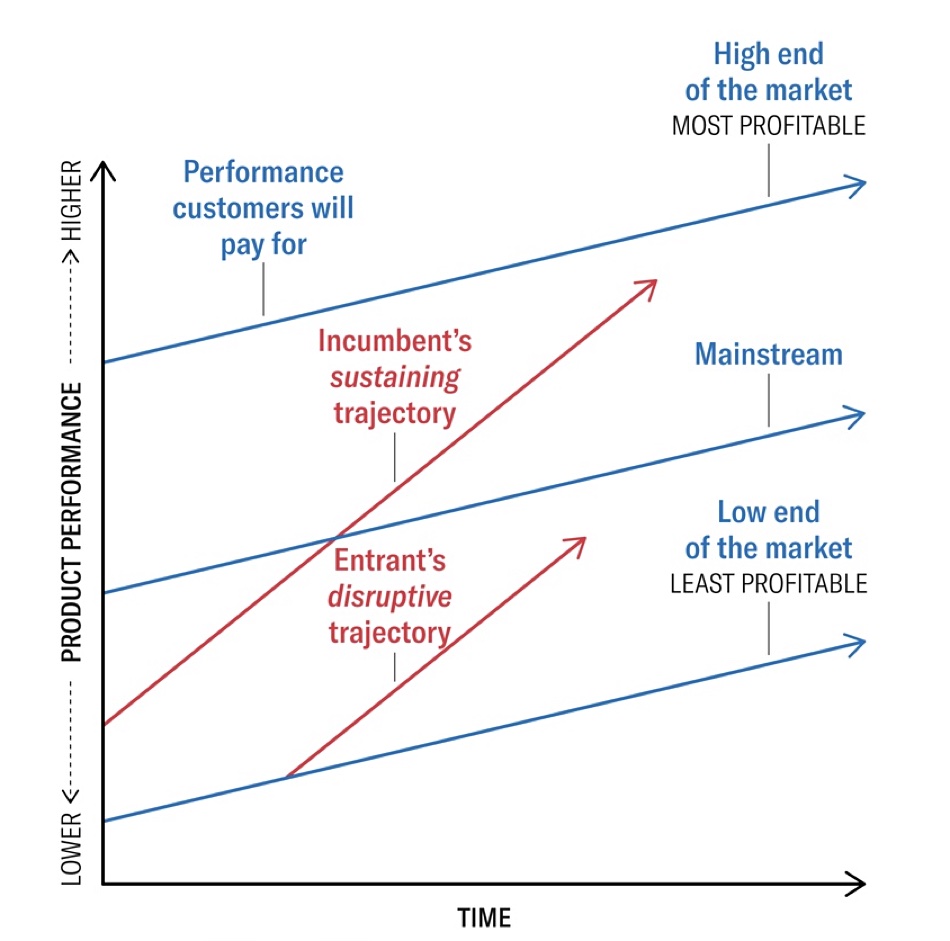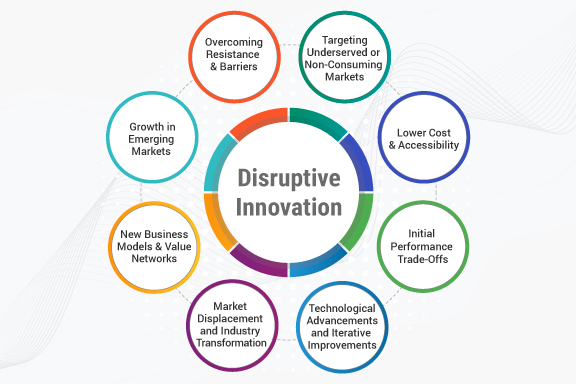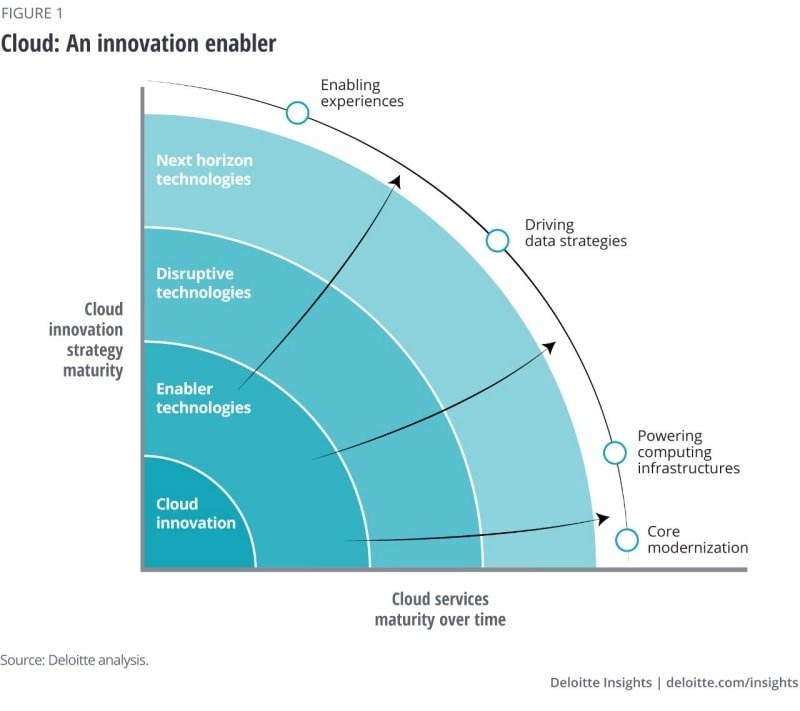
Introduction
Definition of Cloud Innovation
Cloud innovation refers to the creative application and advancement of cloud computing technologies that drive efficiency, scalability, and flexibility in business operations. This innovation encompasses everything from leveraging cloud platforms for data storage and processing to developing new software solutions that harness the power of distributed computing. The goal is to enable organizations to access resources on-demand, reduce costs, and improve service delivery.
Impact of Startups on Industries
Startups play an essential role in the ecosystem of cloud innovation, often acting as the catalyst for change across various industries. Their nimbleness allows them to adopt emerging technologies swiftly and disrupt traditional business models. For instance, consider:
- Agility: Startups can pivot quickly based on market feedback, experimenting with new cloud solutions without the red tape of larger organizations.
- Focus on User Experience: Many startups prioritize customer-centric design, ensuring that their cloud-based applications are intuitive and user-friendly.
- Industry Expertise: Startups often emerge from a specific sector’s challenges, allowing them to create specialized solutions.
Take, for instance, a recent startup in healthcare that developed a cloud-based platform to streamline patient management. By facilitating real-time data access, they improved patient care while reducing operational costs. This illustrates how startups are shaping industries through cloud innovation.

Evolution of Cloud Technology
Historical Perspective
The journey of cloud technology can be traced back to the 1960s, when computing began to shift from mainframes to more accessible models. The concept of “time-sharing” was born, allowing multiple users to access a single computing resource effectively. Fast forward to the early 2000s, where the term “cloud computing” gained traction. It represented a significant shift, enabling businesses to leverage the internet for hosting and managing applications.
- 2006: Amazon launched Amazon Web Services (AWS), providing scalable cloud solutions that revolutionized how companies managed their IT resources.
- 2010: Google and Microsoft joined the fray, enhancing competition and innovation.
Current Trends
Today, cloud technology is no longer just a buzzword; it has become a fundamental tool for businesses of all sizes. Key trends shaping the current landscape include:
- Hybrid Cloud Solutions: Many organizations combine public and private clouds to meet their diverse needs.
- Serverless Computing: This allows developers to focus on code without worrying about underlying infrastructure.
- AI and Machine Learning Integration: Companies are increasingly adopting AI-driven solutions hosted on the cloud to gain insights and improve decision-making.
This evolution has sparked a wave of creativity, helping businesses remain agile and competitive in a rapidly changing market.

Disruption Across Various Sectors
Healthcare Industry
Cloud innovation has dramatically transformed the healthcare industry, enhancing patient care and administrative efficiencies. For instance, electronic health records (EHRs) stored in the cloud allow healthcare providers to access critical patient information swiftly. This not only speeds up diagnosis but also improves treatment accuracy.
- Telemedicine Growth: Cloud platforms facilitate virtual consultations, making healthcare accessible to remote patients.
- Data Analytics: Hospitals use cloud solutions to analyze health data, leading to better resource allocation and patient outcomes.
Financial Services Sector
In the financial services sector, cloud innovation introduces unparalleled agility and security. Financial institutions can now process transactions quickly and securely, while analytics work in real-time.
- Enhanced Security Protocols: Cloud providers offer robust security measures that help protect sensitive financial data.
- Cost-Efficient Solutions: Smaller fintech startups leverage cloud technology to provide innovative services without the high overhead costs traditionally associated with banking.
Retail and E-Commerce
Retail and e-commerce have also seen substantial disruption through cloud technology. The ability to scale operations quickly in response to market demand has never been easier.
- Omni-Channel Experience: Cloud solutions enable seamless integration between online and offline channels, improving customer experience.
- Inventory Management: Retailers can utilize cloud-based systems for real-time inventory tracking, minimizing stockouts and overstocks.
Each of these sectors exemplifies how cloud innovation has reshaped traditional practices, creating new opportunities for efficiency and customer satisfaction.

Case Studies of Successful Startups
Company A: Transforming Logistics
One standout startup in the logistics industry is Flexport. Using cloud technology, Flexport offers a platform that streamlines global trade logistics. By centralizing data from various stakeholders, they facilitate better communication and transparency throughout the shipping process.
- Real-Time Tracking: Clients can monitor shipments in real-time, reducing the anxiety that often accompanies international shipping.
- Data-Driven Insights: Their analytics tools empower businesses to optimize shipping routes, leading to significant cost savings.
Company B: Revolutionizing Education
In the education sector, Coursera has emerged as a leader by providing online courses from top universities via the cloud. This innovation has made higher education accessible to millions.
- Diverse Course Offerings: From programming to humanities, learners can find courses tailored to their interests and career goals.
- Certificate Programs: Many courses offer accredited certificates, enhancing job prospects for students.
Company C: Changing the Gaming Industry
Finally, Unity Technologies is revolutionizing the gaming industry with its cloud-based development platform.
- Collaborative Development: Developers from around the world can work together in real-time, creating complex games more efficiently.
- Cross-Platform Support: Unity allows games to be published across multiple platforms, maximizing reach and revenue potential.
These case studies highlight the significant impact that cloud innovation has had across various sectors, enabling startups to disrupt traditional practices and deliver exceptional value.

Challenges and Opportunities
Regulatory Hurdles
As promising as cloud innovation is, startups often face significant regulatory hurdles. Different countries have varied laws regarding data privacy and security, which can complicate global operations. For instance, the General Data Protection Regulation (GDPR) in Europe demands strict compliance for companies handling personal data.
- Navigating Compliance: Startups must invest time and resources in understanding and adhering to these regulations, which can slow growth.
- Continuous Updates: Regulations are subject to change, necessitating ongoing legal consultations.
Scalability Issues
Scalability is another area where challenges can arise. While cloud solutions provide flexibility, not all startups are prepared for rapid growth.
- Resource Allocation: Overspending on cloud resources during scale-up can lead to unsustainable financial burdens.
- Performance Bottlenecks: As usage increases, so does the risk of system slowdowns if the architecture isn’t robust enough.
Potential for Growth
Despite these challenges, the potential for growth in cloud innovation remains immense.
- Global Market Reach: Cloud technology allows startups to access a worldwide audience, creating new revenue streams.
- Collaboration Opportunities: Cloud platforms often foster partnerships between companies, driving innovation and shared growth.
Thus, while obstacles exist, the opportunities that arise from navigating them are significant, enabling startups to thrive in an evolving landscape.

Collaboration and Partnerships
Startups and Established Corporations
Collaboration between startups and established corporations can create powerful synergies in the realm of cloud innovation. Startups often bring fresh ideas and agility, while established players provide resources and market reach.
- Shared Expertise: For example, a small healthcare startup may partner with a major pharmaceutical company, combining innovative digital health tools with extensive research and distribution capabilities.
- Access to Capital: Corporations often invest in startups through venture arms, providing them with the financial backing needed for rapid growth.
This mutual benefit fosters an environment where both parties can thrive, pushing the boundaries of traditional business models.
Leveraging Cloud Platforms
Leveraging cloud platforms further enhances collaboration opportunities. Companies can integrate various cloud services to develop joint offerings seamlessly.
- Co-Development: Imagine two companies developing a cloud-based app, where one specializes in user experience and the other in backend infrastructure. Together, they can accelerate product development.
- Data Sharing: Cloud platforms enable efficient data sharing across organizations, allowing for collaborative analytics that lead to insights neither could achieve alone.
By embracing these partnerships and cloud capabilities, businesses can unlock new markets and innovate at an unprecedented pace, thereby driving success in today’s competitive landscape.

Future Outlook
Emerging Technologies
As we look towards the future, several emerging technologies are poised to reshape cloud innovation further. Concepts like artificial intelligence (AI), machine learning (ML), and the Internet of Things (IoT) are no longer just buzzwords; they’re becoming integral to cloud platforms.
- AI-Driven Analytics: Startups are leveraging AI to mine insights from vast data sets stored in the cloud, helping businesses make informed decisions.
- IoT Integration: The increasing number of connected devices requires robust cloud solutions that can handle data influxes, opening new avenues for cloud service providers.
Consider a startup venturing into smart home technology that uses cloud-based IoT solutions to enhance energy efficiency. This not only drives innovation but also meets the growing demand for sustainability.
Predictions for Industry Disruption
Looking ahead, we can expect significant industry disruptions driven by cloud innovation. Industries that have been slow to adopt change may find themselves at risk.
- Healthcare Transformation: Prediction models indicate that cloud-enabled telehealth and personalized medicine will become standard practices, improving care accessibility.
- Financial Revolution: Fintech disruptors will likely continue to challenge traditional banking models, reshaping how consumers interact with their financial services.
The potential for growth through these emerging technologies suggests that cloud innovation will continue to be a catalyst for transformation, paving the way for new business models and opportunities across various sectors.

Conclusion
Recap of Key Points
As we wrap up our exploration of cloud innovation, several key points stand out. We delved into how startups are driving disruption across various sectors, notably healthcare, finance, and retail. These companies leverage cloud technology to enhance efficiency, improve customer experiences, and create new business models.
- Collaboration is Key: Partnerships between startups and established corporations are fostering innovation and market reach.
- Emerging Technologies: AI, ML, and IoT are becoming integral to cloud platforms, paving the way for new solutions and capabilities.
The Ongoing Impact of Cloud Innovation
The impact of cloud innovation is far-reaching and continues to evolve. It not only enhances operational efficiency but also enables startups to challenge established players effectively. As cloud technology matures, businesses must remain adaptable and vigilant in seizing opportunities.
Consider this: every breakthrough in cloud technology holds the potential to redefine industry landscapes and reshape our daily lives.
In summary, cloud innovation is not just a trend—it’s a pivotal force driving future growth and transformation, urging us to rethink traditional approaches and embrace the endless possibilities ahead. By staying informed and adaptable, businesses can thrive in this dynamic environment.

